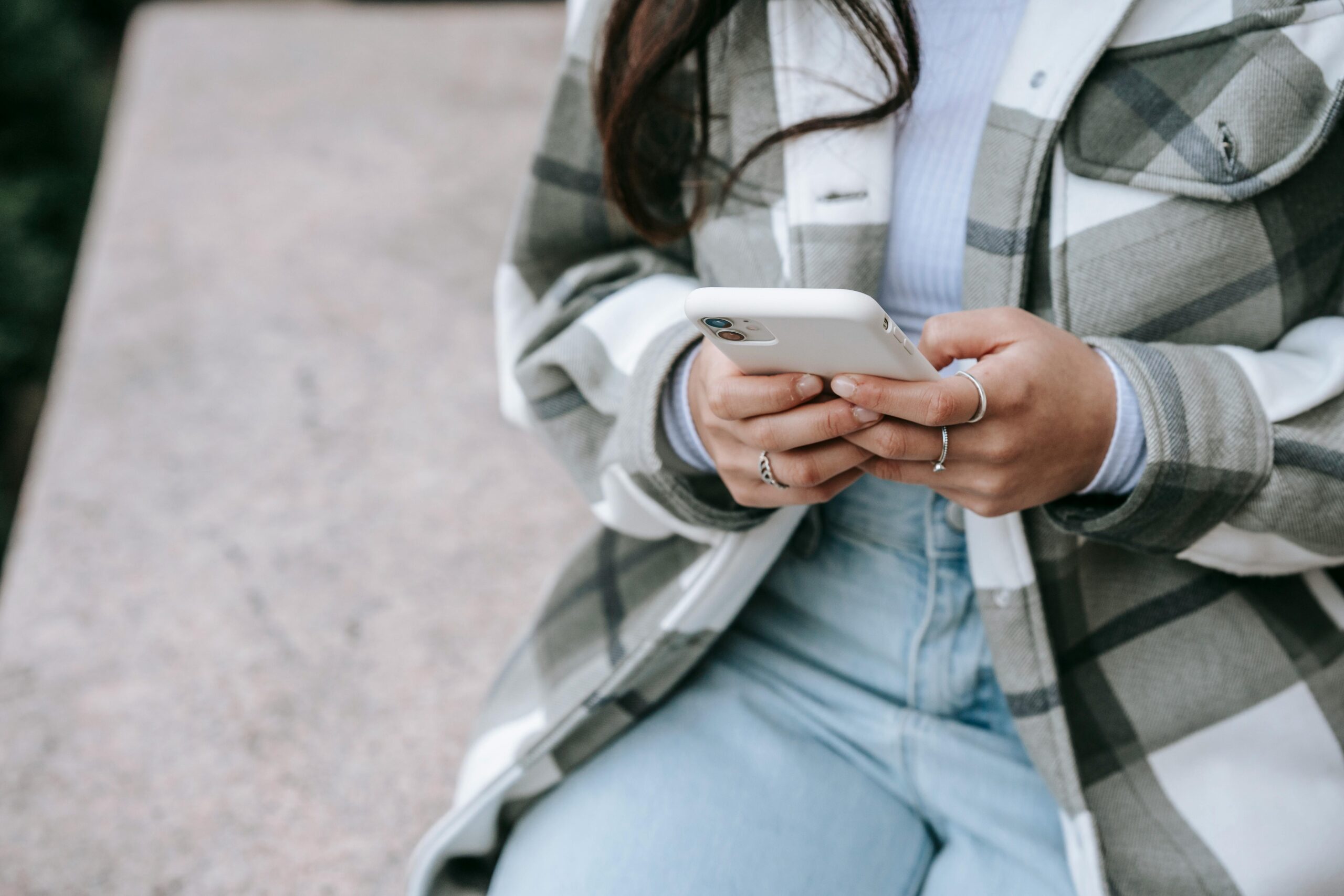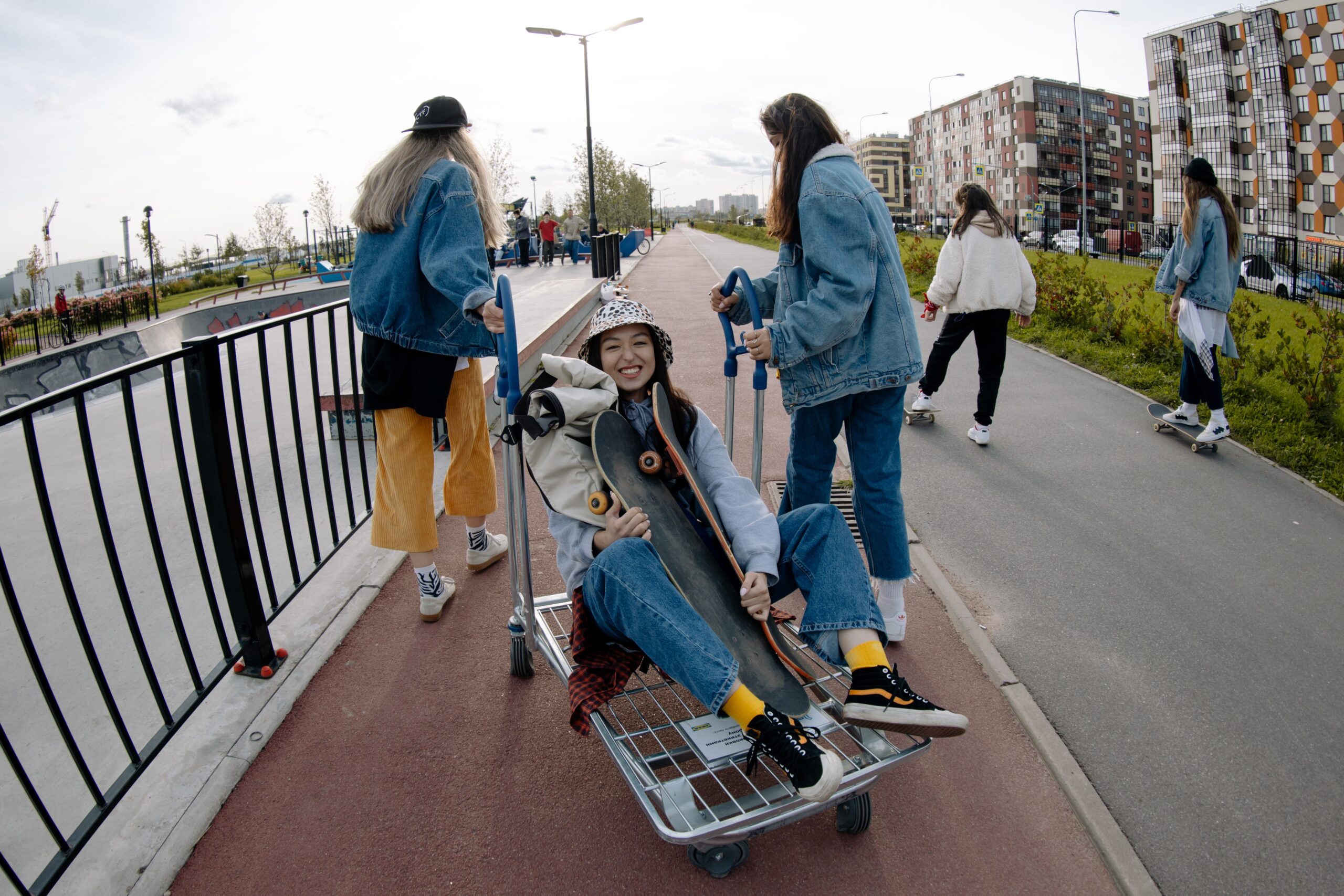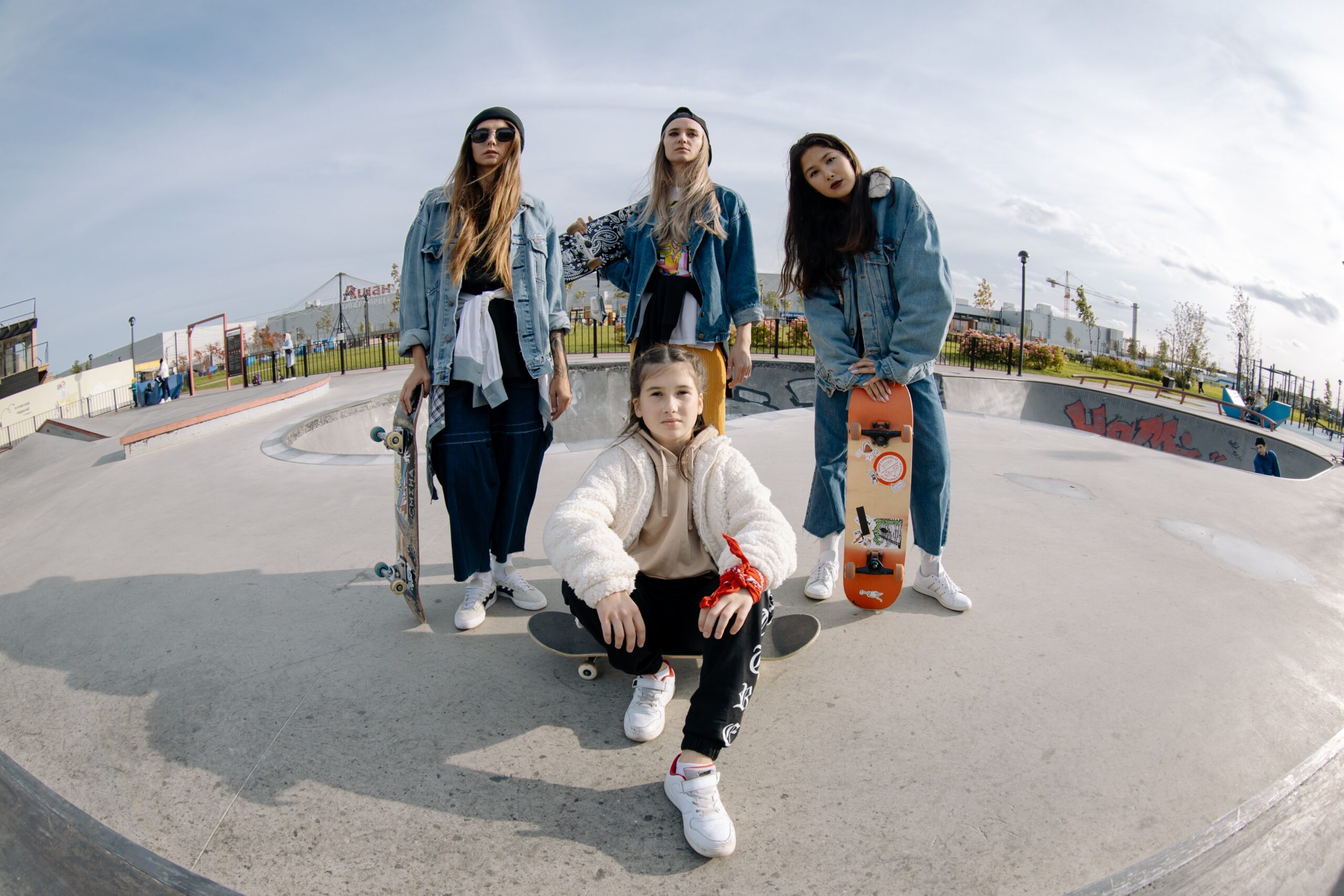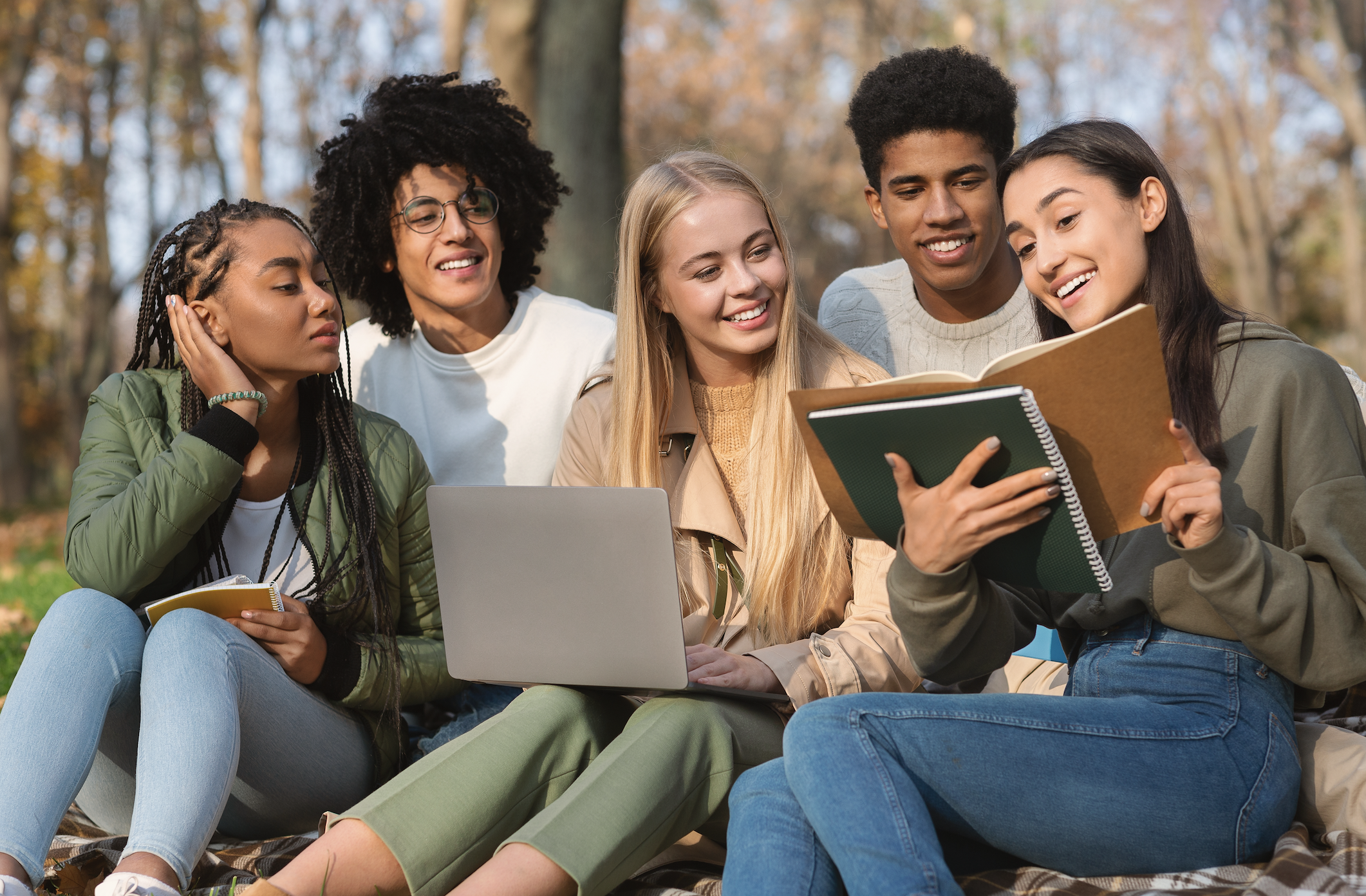
How to Prepare Gen Z for the ‘New Normal’ After the Pandemic
When I was a young kid, seat belts were introduced to automobiles. I remember in 1968 when the federal government made them mandatory. At first, they were only lap belts with no strap across the chest. People claimed they hindered movement and wrinkled their clothes. It was a strange time as I watched several adults refuse to wear them at first, and some said they would never get used to them.
But then, we all did get used to them.
It was a matter of people adapting to a new normal. They had to be convinced of the research behind the safety seat belts added, and then they had to form a new habit of putting them on each time they got into a car.
I wonder how many “new normals” we’ll need to adapt to once this pandemic is over.

How Generation Z Will Need to Adapt
COVID-19 has affected America’s view of health and safety, jobs and employment, and socialization and screens. We’ve all been forced to adapt to a disruption that’s been thrust upon us. Because of it, I believe those belonging to Generation Z will approach their adult lives differently than Millennials did 15 years ago:
- Instead of assuming they should simply find their passion or pursue their dreams, Gen Z kids will note what the job market needs and build skills to meet those needs. Their search may begin by looking outside more than inside.
- Instead of texting their bosses, a procedure Millennials introduced to the workplace, Gen Z has a keen interest in face to face interaction, deepened by our recent isolation. While they may not be good at it, they want it now.
- Instead of assuming they must join a large company and climb the ladder, Gen Z kids may find new ways to launch their own enterprises. Disruptions from a pandemic, creating ripe grounds for invention and discovery among the displaced.
As young adults, Generation Z members long for autonomy, opportunity, and certainty, all of which are hard to find these days. We’ve all learned, however, to sift through our desires and luxuries to find our true needs. Molly Ahern, a freshman at the University of Rhode Island said in USA Today, “Because this pandemic is so widespread, it will impact everyone. In our communities, I picture people holding the door for each other as they head to their favorite restaurants after months of self-isolation. I picture this to be the way things are for a long time. I took socializing and affection for granted before this outbreak began, and I’m sure I’m not the only one. I think once we all finally have the chance to be together again, we won’t pass it up so easily.”
The Landmarks of Each Generation
Each generation is marked collectively by shared epic experiences:
- The Builder Generation was marked by the Great Depression and World War II.
- The Baby Boomers were marked by riots over race and the Vietnam War.
- Generation X was marked by Watergate and fuel shortages at gas stations.
- Millennials were marked by the Columbine High School massacre and 9-11.
- Now, Generation Z is marked by protests, panic attacks, and a pandemic.
Because today’s hardships occur in tandem with economic downturns, Generation Z members often feel they’ll never catch up. Purchasing a home, starting a family, or thoughts of retirement all feel very distant. Maybe impossible.
Preparing Students for a New Normal
One of our most important jobs as leaders is to prepare today’s emerging adults for the harsh realities ahead while maintaining a positive narrative. If we fail to lead them well, millions will enter their careers with crippling anxiety. A growing number of school superintendents tell me large percentages of students are caught between the desire to return to their friends on campus and the apprehension of becoming infected with the coronavirus. Both lead to angst.
I believe the solution may be applying the Stockdale Paradox.
Do you recall the story of this U.S. military officer who spent seven years in a P.O.W. camp during the Vietnam War? Admiral Jim Stockdale was tortured, starved, verbally abused, and yet he not only survived the tragedy but emerged stronger afterward.
While many veterans endured PTSD: Post Traumatic Stress Disorder, Admiral Stockdale (and others) experienced PTG: Post Traumatic Growth.
His secret? In an interview, he clarified the difference between hope and optimism. The optimists were the ones who died in captivity, clinging to a superficial wish that they’d be free by next Christmas, or next Easter, or next Thanksgiving. Sadly, there was no basis for this belief. The captivity lasted longer than they did.
Hope, on the other hand, enabled Stockdale to confront the harsh realities in front of him on any given day but to never lose the belief that he would one day prevail in the end.
This is what we must first learn ourselves, then teach Generation Z.
If you’re interested in learning more about COVID-19’s impact on Generation Z, check out our brand new book – The Pandemic Population. It is launching today on the Growing Leaders online store and available for only $9.99 by clicking here.






